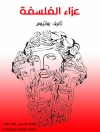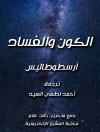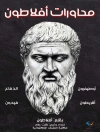Die neue zweisprachige Ausgabe der Fabeln des Phaedrus basiert auf den jüngsten Untersuchungen zu diesem Autor, die Ursula Gärtner seit 2002 vorgelegt hat; außerdem sind die textkritischen Erkenntnisse Giovanni Zagos, der die neue Ausgabe in der Bibliotheca Teubneriana vorbereitet, sowie erstmals eine 2014 entdeckte Handschrift berücksichtigt. Niklas Holzberg hat in der Tradition seiner metrischen Übersetzungen der Werke Ovids und Vergils in der Sammlung Tusculum nun auch die Jamben des Originals in deutschen Jamben wiedergegeben, wobei er wieder die herkömmlichen, aber heute unverständlichen Klassizismen vermeidet, also modernes Deutsch schreibt. Seine Einführung und seine Erläuterungen bieten erstmals den ‘neuen’ Phaedrus als einen Dichter, der nicht für Kinder schreibt, sondern seine Fabeln intertextuell mit den großen Dichtungen der Griechen und Römer vernetzt und viele der aus der äsopischen Tradition überkommenen Fabeln durch Umgestaltung dekonstruiert. Außerdem erschließt die Einführung die Phaedrus-Rezeption, die, bis zum Ende des 16. Jahrhunderts noch über Prosaparaphrasen erfolgt, den bis ins 19. Jahrhundert nachgedruckten „Aesopus“ von 1476/77, in dem diese stehen, zu einem der größten Bestseller der Buchgeschichte machten.
عن المؤلف
Niklas Holzberg, Ludwig-Maximilians-Universität München.












